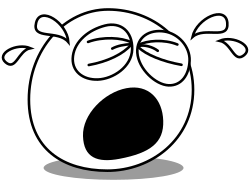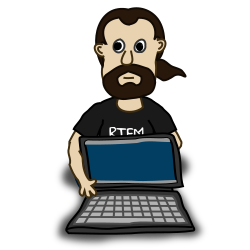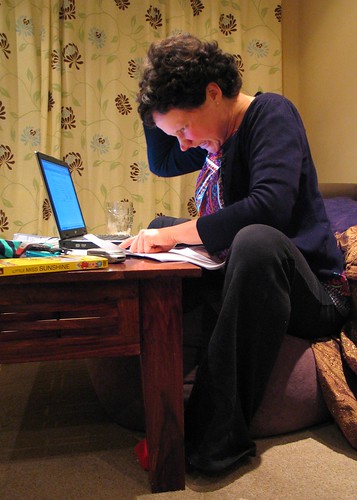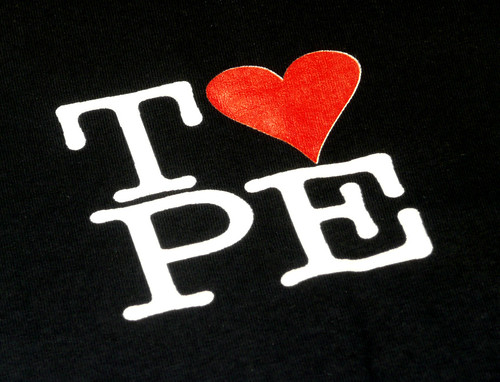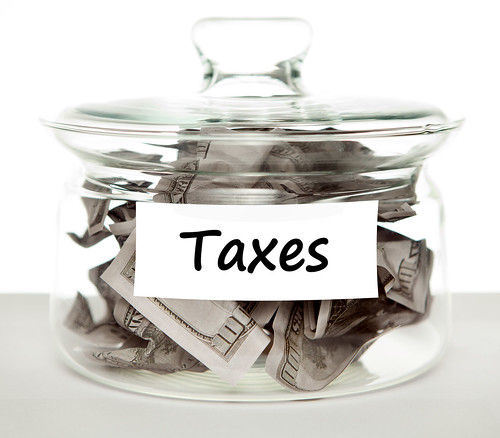Jaws became one of the most famous big screen villains, a predator so frightening he has his own theme music. But before he swam onscreen, Jaws lived on the page.
The Book
Peter Benchley wrote Jaws in 1974, and changed horror. He was inspired by real shark attacks to write the book, though it sure didn't hurt that Doubleday asked him to pen the story.
It was so good, it was destined to become a film even before it was
finished. Two producers read it before the book was even published, and
quickly purchased the film rights. They helped the book become a
bestseller. The very next year, in 1975, it became a hit movie.
Jaws is set in fictional resort town Amity in New York. A young girl is attacked and killed by a shark while on vacation, but its buried by the Mayor and a local newsman so as not to disturb the town's appeal as a tourist destination.
But the killing doesn't stop. A local fisherman disappears after being asked to go kill the shark, an action prompted by the beast's attack on two local residents. The local chief of police, Brody, pulls a huge shark tooth out of the fisherman's boat. It's all that's left of the fisherman (Ben).
We learn that the Mayor is in collusion with the mob to keep the beach open (and the property values high), and the chief's wife has an affair with the fish expert who is brought in, a guy named Hooper. By the way, Jaws has a lot of sub-plots that were cut on film.
The chief decides to take action when the tourist population swells. People are flooding Amity instead of running away, as expected. They're hoping to see the killer shark. Brody hires himself a shark hunter, a guy named Quint. Together with Hooper, the men set out on Quint's ship the Orca to hunt the beast themselves.
It's tense. Brody suspects the affair, Quint is a loose cannon and Hooper seems to enjoy goading Brody. For days they find nothing, see nothing.
But they eventually find the shark, and Hooper dies in an attempt to capture it. Brody is now out of money, but Quint no longer cares. Hunting the shark is all that matters.
He gets his wish, and Jaws dies in a thrilling action scene, but the shark takes Quint with him.
The book was on the bestseller list for 44 weeks. Jaws became part of cinematic history for ever. Later in life, Benchley felt guilty for giving sharks a bad rap and became an activist.
The Movie
Director Steven Speilberg didn't like the characters in the book, and wanted the shark to win. On film, Roy Scheider stars as Brody, Richard Dreyfuss as Hooper and Robert Shaw as Quint the shark hunter.
They had problems making the flick right away. Filming went over budget and past schedule. The mechanical sharks kept breaking, so Speilberg had to get creative. Instead of the shark, there are a lot of shots of the water, backed up by the famous score composed by John Williams.
It made for a thrillingly terrifying film, and moviegoers responded accordingly. Jaws became the highest-grossing film of its day, and the first summer blockbuster. Three sequels followed, though Benchley and Spielberg were not involved.
Spielberg removed many of the subplots, because he said the shark hunt was his favorite part. He made the characters more likable, got rid of the affair and brought in new writers to rework the script after Benchley turned in three rewrites.
As a result, the film focuses more on the shark than on the people, a deviation from the novel that made Jaws a big screen legend. Spielberg and his fleet of writers took heavy poetic license with the script, but it's hard to complain at the final result. The movie is chilling, action-packed, and it ushered in a new era of glossy big-budget films that we still celebrate today. But purists will note many, many differences when comparing the two.
What Got Adapted?
The trouble in Brody's relationship with Ellen is obvious early in the novel, when they argue because she's so unhappy with her life with him. In the film, they're amicable with each other. Hooper in the book is a bit of a snobby elitist, an Ivy Leaguer who isn't likable once. Richard Dreyfuss as Hooper is impossible not to like.
The Mafia subplot is abandoned in entirety, newspaper reporter Harry Meadows is shoved to the fringes of the story, and Brody never tries to strangle Hooper to death on the deck of the Orca. The illegal dolphin bait is exchanged for standard chum on film, and the Orca stays on the oceans for many days and nights (in the book, it returns to dock at night).
One of the most noticeable differences is Hooper. He dies in the cage on the page, but survives the ordeal on film. Quint's death is changed. In the book he dragged under water when his foot is caught in the harpoon rope. The shark eats him on film. Even the shark dies more dramatically on film, but then it's a visual medium.
Surprisingly, it's the book that's the darker of the two. Spielberg hired comedy writers to lighten up the script and add some jokes in order to balance out the life-and-death struggle that plays out in the story. On paper, Jaws reads like a whole different story altogether. Give it a try after you watch the movie...and think about it next time you go swimming.







